Black Gate Goes to the Summer Movies: The Bourne Legacy
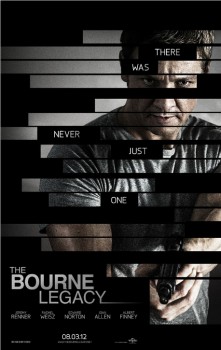 The Bourne Legacy, Paramount’s attempt to extend their successful Jason Bourne franchise — based very loosely on the novels of Robert Ludlum — does give the impression of the first film of a trilogy. It feels like The Bourne Identity (2002), the inaugural movie of the Matt Damon trilogy: it’s a starting point with some excellent sections, but also the nagging sense that all the finest moments are yet to come. Overall, there is something slight about the enterprise, making it a minor disappointment for a film I hoped would salvage August. Will Expendables 2 be this year’s “August Surprise”? I never thought that might be a possibility at the beginning of the season.
The Bourne Legacy, Paramount’s attempt to extend their successful Jason Bourne franchise — based very loosely on the novels of Robert Ludlum — does give the impression of the first film of a trilogy. It feels like The Bourne Identity (2002), the inaugural movie of the Matt Damon trilogy: it’s a starting point with some excellent sections, but also the nagging sense that all the finest moments are yet to come. Overall, there is something slight about the enterprise, making it a minor disappointment for a film I hoped would salvage August. Will Expendables 2 be this year’s “August Surprise”? I never thought that might be a possibility at the beginning of the season.
Doug Liman directed The Bourne Identity, but it was Paul Greengrass sitting in the folding green chair for the next two films, The Bourne Supremacy (2004) and The Bourne Ultimatum (2007), and it was his work that shoved the series into the high octane world of dazzling foot pursuits, close-quarter pummelings, shaky-cam car chases, and earnest people trying to get control of the world by walking fast while talking on cell phones. And audiences loved it. Those two films are the defining spy movies of the decade, easily besting the re-boot of James Bond (in the Jason Bourne mold, natch).
The Bourne Legacy, under the direction of Tony Gilroy, who wrote all three previous entries and made an impression as a director with Michael Clayton in 2007, collects the elements that made its predecessors work: whipcrack action with jittery cameras, raw global espionage, and top-level actors playing the gray-shaded manipulators attached to their phones and computer displays. What it doesn’t have is a compelling enough character story at the center to hold it together, or a resolution that satisfies beyond the need to signal a sequel.
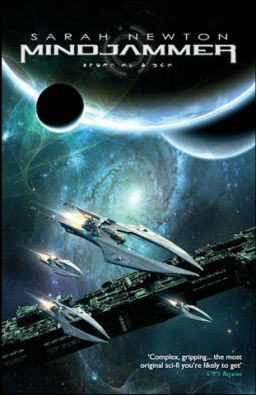
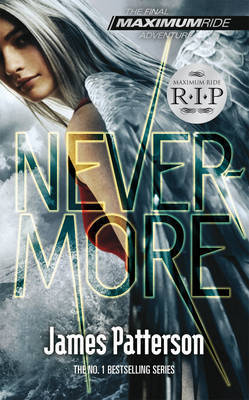
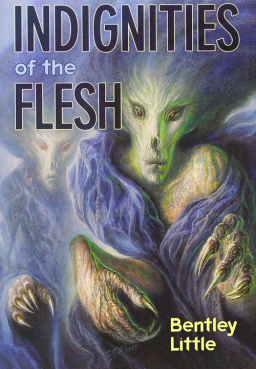

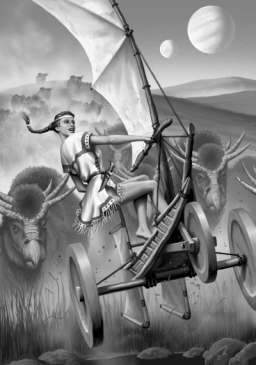
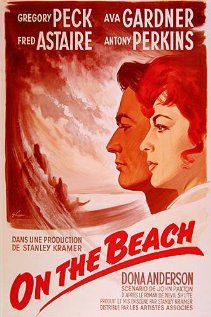
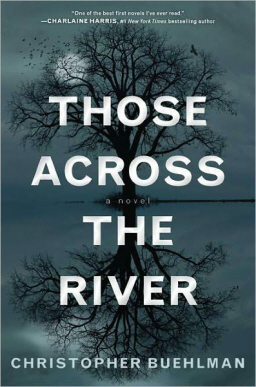
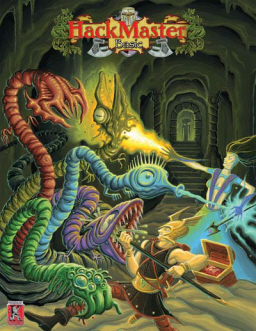
 August’s Apex Magazine features
August’s Apex Magazine features